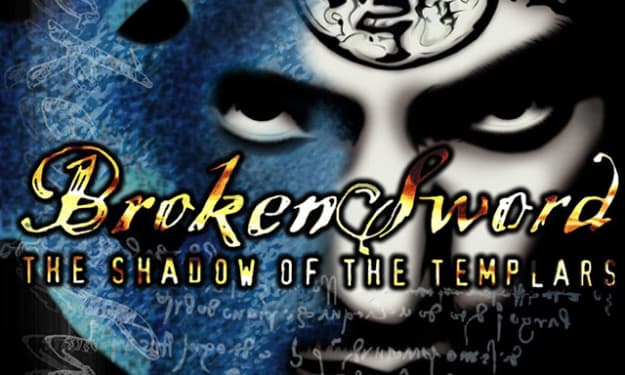
QUESTION :
Why do people who are considered 'smart' think so little of others with different ideas and opinions than them?
MY ANSWER :
And that's the end of growth. If you find time try to meet them after 10 - 15 years. You will know the point, Thinking themselves smart is the end of the growth of their wisdom. The end of wisdom, means they get stuck in the time period when they start to think they were smart or superior to others.
Change is the only thing that cant be changed.
The time of the world we live in is simply dynamic.
It's important to remember that these behaviors are not exclusive to "smart" individuals and can be observed in people of various intelligence levels. It is crucial to foster open-mindedness, empathy, and respect for diverse perspectives, regardless of one's intellectual abilities.
PSHYCOLOGY BEHIND THE MINDSET:
The psychology behind why some people who are considered "smart" may think little of others with different ideas and opinions can vary depending on the individual. It's important to note that not all smart people exhibit this behavior, and it is not exclusive to them. However, here are a few possible explanations:
- Intellectual arrogance: Some individuals with high intellectual abilities may develop a sense of superiority over others who they perceive as less intelligent. This can lead them to dismiss or belittle ideas and opinions that don't align with their own. This behavior may stem from a need to validate their own intelligence or a lack of empathy towards different perspectives.
- Confirmation bias: Smart people, like anyone else, can fall victim to confirmation bias, which is the tendency to seek out and favor information that confirms their existing beliefs. If they encounter ideas or opinions that challenge their worldview, they may dismiss them without giving them fair consideration.
- Lack of exposure to diversity: People who are intellectually gifted may have limited exposure to diverse perspectives and opinions, especially if they spend a significant amount of time in academic or intellectual circles. This limited exposure can lead to a narrow-mindedness and a dismissive attitude toward ideas that are different from their own.
- Socialization and self-esteem: The way individuals are socialized and their self-esteem can also influence their mindset toward others. If a person's self-worth is heavily tied to their intelligence, they may feel threatened by opposing views and resort to devaluing others to protect their self-image. Additionally, if they have been praised for their intelligence throughout their life, they may develop a sense of entitlement and dismissiveness towards those they perceive as less intelligent.
- Lack of empathy and perspective-taking:Intelligence does not automatically translate into high empathy or perspective-taking abilities. Some individuals who are considered smart may have difficulty empathizing with others or understanding alternative viewpoints. This can result in a dismissive attitude towards ideas that they perceive as less intelligent or uninformed.
- Ego and identity: For some individuals, their intelligence and intellectual abilities may form a core part of their identity and self-worth. Challenging their ideas or presenting alternative viewpoints can be perceived as a personal attack, leading to a defensive response and a dismissive attitude towards others.
- Intellectual insecurity: Some individuals who are considered smart may have deep-seated insecurities about their intelligence. They might feel the need to defend their own ideas and opinions rigorously, and in doing so, belittle or dismiss alternative viewpoints. This behavior can be a defense mechanism to protect their self-esteem and preserve their sense of superiority
TAKEAWAY MESSAGE :
It's important to remember that intelligence alone does not determine a person's ability to empathize or respect diverse viewpoints. People can develop these skills through self-reflection, exposure to different perspectives, and practicing open-mindedness.
About the Creator
Thara's Space
Researcher, Designer, Writer. Hope you enjoy my content.






Comments
There are no comments for this story
Be the first to respond and start the conversation.